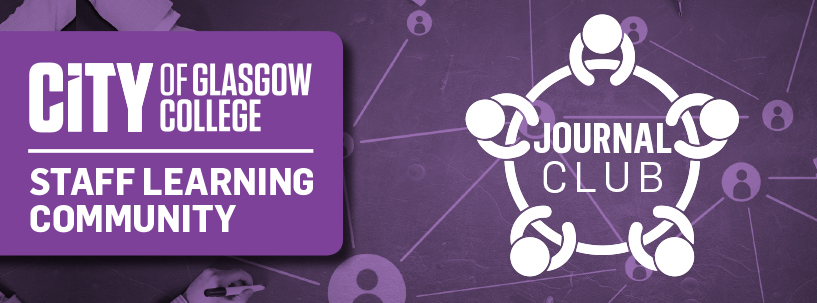Blog Authors: Tracey Howe, John McVeigh, Lisa Shields, Walter Patterson, David Cullen, Sarah Jannette Robertson, Lynn Brown.
Here’s what they did
This is a systematic review of accessible peer reviewed papers retrieved from three reputable databases. The focus of the review was to study if eLearning could be an informal support tool for Informal Caregivers of people living with dementia. It aimed to identify both benefits and imitations of this tool.
Here’s what they found
• eLearning in its various forms helped Informal Caregivers feel more confident about dementia care.
eLearning:-
• enhanced their knowledge and skills
• relieved perceived stress
• enhanced feelings of empathy and understanding.
The author/s concluded
The use of eLearning as a support tool for Informal Caregivers may have some potential, but training in its use is required to enable Caregivers to fully utilise eLearning platforms.
![]() Our Journal Club’s views
Our Journal Club’s views
Who are the authors of the paper and where do they work?
All of the authors are reputable, (Associate Professors, Professor and a Department Head); between them they are responsible for 1500 publications and have been cited over 50,000 times. Our view is that this is a potentially trustworthy publication.
What do we know about the journal?
The journal of BMC Health Services Research has been in existence since 2001, it is in the top 25% of medical journals, has an impact factor of 1.932 and is Open Access. Our view is that this is a reputable journal.
What about the methodology used?
The authors performed a systematic literature review based on a focused aim which could perhaps have been articulated with more clarity. They chose relevant keywords to conduct their search but the concept of eLearning could have been widened with the use of alternative descriptive search terms. The search terms were therefore mostly relevant as were the inclusion and exclusion criteria. The choice of only focusing on older adults with dementia was a little misleading as what was construed as an ‘older adult’ was not defined and dementia also affects younger adults. They also used the ‘backward search strategy. However, the results were presented in a rather descriptive, narrative manner rather than being analytical and there was no evidence that the quality of the literature sources used had been critically appraised. There was however recognition of results being consistent with other similar studies. The limitations of the paper include: only a small number of studies relating to the topic of enquiry; wider more encompassing search terms could have been used; only papers in English language were considered; there was a lack of detailed data from each of the studies reviewed; no defined outcome measures identified for the review.
Our conclusions are – that this study has a high risk of bias and even though a paper is published in a highly rated journal it may still contain some flaws.
 Implications for our practice
Implications for our practice
We will consider the organisation and provision of distance, remote and eLearning from the College’s perspective.
 Next steps
Next steps
Review and reflect on the distance learning as provided by the College
Consider the scaffolding required to fully support online learning, both for students and staff.
Raise the profile and awareness of Dementia.
![]() View from
View from
 What do you think?
What do you think?
References
Klimova, B., Valis, M., Kuca, K. et al. E-learning as valuable caregivers’ support for people with dementia – A systematic review. BMC Health Serv Res 19, 781 (2019). https://doi.org/10.1186/s12913-019-4641-9
![]() Keywords: eLearning, Dementia, Caregivers, Support tool, benefits, limitations
Keywords: eLearning, Dementia, Caregivers, Support tool, benefits, limitations
Our Blog Posts are written by staff at City of Glasgow College to inform and inspire our practice. We meet together at the Journal Club to consider the latest evidence to provide insights on hot topics related to learning and teaching, quality assurance and subject needs. It forms part of our activity for General Teaching Council Scotland registration and Professional Standards for lecturers in Scotland’s Colleges demonstrating that we are a self-critical staff community.

